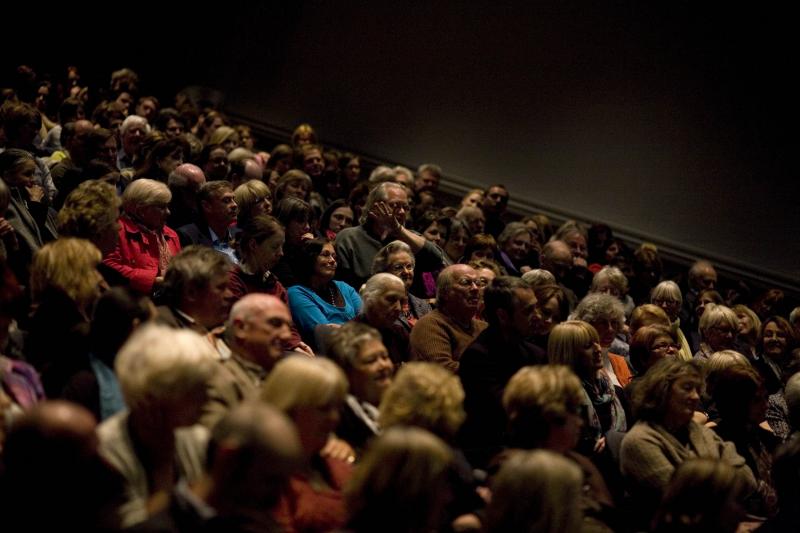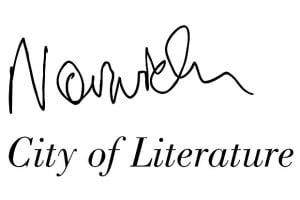Norwich

A medium-sized city (population 230,000) in the East of England, Norwich is a place where ideas and the written word have flourished for over 900 years. The city’s literary heritage includes the first book to be published in English by a woman: Revelations of Divine Love written by Julian of Norwich in the fourteenth century which still resonates to this day. In more recent times, Britain’s first MA in Creative Writing was founded at the University of East Anglia (UEA). Writers of world standing – including Ian McEwan and Kazuo Ishiguro – emerged from this programme. It is now widely regarded as one of the most influential courses for new writing. In 1989 W. G. “Max” Sebald, perhaps one of the most original writers of the twentieth century, founded the British Centre for Literary Translation at UEA. This centre drives collaboration between writers and translators from across the world and has served as a model for new translation centres in Poland, India, China and Egypt.
The creative sector is integral to Norwich. Residents spend more per head on culture than anywhere else in the UK. For five consecutive years, The Millennium Library has issued the highest number of books of any library in the country. Norwich also boasts the oldest city arts festival in the UK and each year the Norfolk and Norwich Festival attracts thousands of visitors with its cutting-edge programme.
Writers Centre Norwich – which led the UNESCO City of Literature bid – was established in 2003 as a ground breaking collaboration between UEA, Arts Council England, Norwich City Council and Norfolk County Council. In 2015 the Writers’ Centre is moving to the magnificent Dragon Hall, a Grade 1 listed medieval trading hall. With ambitious plans to establish this as a national centre for writing, the reputation of Norwich as a world-leader for literary innovation is set to grow further still.

